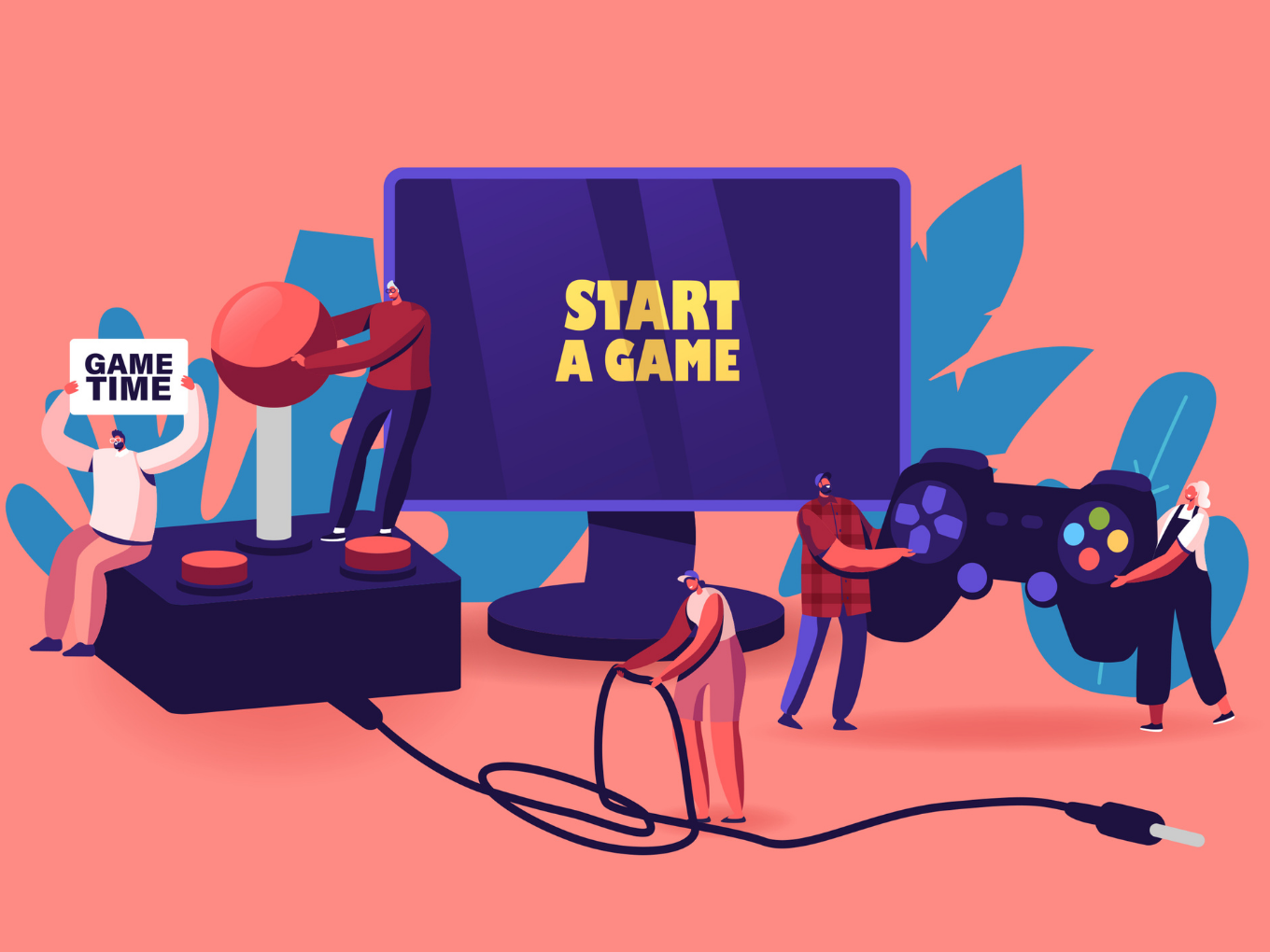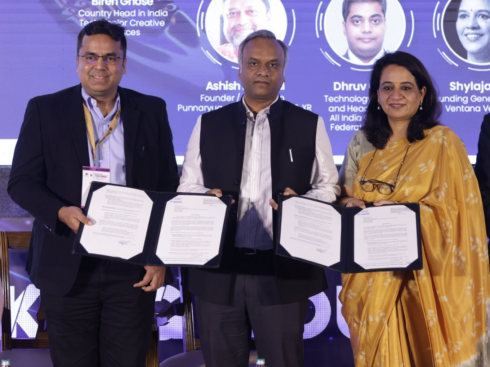SUMMARY
The obstacles the gaming industry is facing are far from removed despite the positive news of the Karnataka HC verdict overturning the state’s ban
Before Karnataka, other states such as Telangana, Assam, Andhra Pradesh, Kerala, Tamil Nadu and Odisha had also prohibited some form of online gaming
While online gaming is self-regulated, this can only continue to a certain point, so the government needs to look at a more permanent, positive legislation, say startups and industry bodies
Online gaming companies have scored another legal victory as they continuously strive for gaining legitimacy for their business. Over the past few years, they have been legally fighting the ban imposed on them by state governments which conflated online games with illegal gambling.
Karnataka, home to many big and small tech startups, had imposed the ban by amending the Karnataka Police Act last September. But online gaming companies found a saviour in the Karnataka High Court which has now struck down the amendments.
Before Karnataka, other states such as Telangana, Assam, Andhra Pradesh, Kerala, Tamil Nadu and Odisha had also prohibited some form of online gaming. Different high court judgments had, however, ruled in favour of the industry and the Karnataka HC ruling is seen as a precursor to other pending lawsuits being cleared.
Game Of Skills Vs Games Of Chance
But the obstacles the industry is facing are far from removed despite these positive developments. As they say, perception matters a lot. The widely-held belief is that online games are akin to gambling because many games also require users to pay to play.
Whereas the Indian jurisprudence has maintained that a game of skill is different from gambling, the disagreements between businesses and government authorities continue to fester.
The Supreme Court has held that a game of skill is not akin to gambling. According to the apex court, if a skill is dominant over the element of chance in a game, then it is a game of skill. If the element of chance dominates over the element of skill, then it is a game of chance and then akin to gambling.
Going by the court rulings, games such as rummy, fantasy sports, horse racing, chess, bridge were all called games of skill.
Dinker Vashisht, vice-president – regulatory and corporate affairs, Games24x7, said, “As per the various Supreme Court and high court judgements, every game has an element of skill and chance, i.e., that there is no game of pure skill. The apex court has used the preponderance test to determine whether a game is a game of skill, according to which if the element of skill is dominant over element of chance then it is a game of skill.”
Explaining the preponderance test Vashisht said in a game of Chess, for example, a high degree of skill is involved, but there is a small chance element as well because statistically, it can be proven that a player playing the White has a slight advantage at the start of the game. Similarly, a game of cricket involves skill but is also dependent upon toss, weather, pitch conditions, etc.
Findings of credible studies have also substantiated court rulings. According to a study by Deloitte and the Indian School of Business (ISB), a statistical analysis seemed to show a significant skill required for being a good rummy player and skill being “very important” to win a game of rummy.
A research study by the Massachusetts Institute of Technology in 2018 had also observed that fantasy is a game of skill.
Progressive Regulation Vs Ban
Curbs imposed one after another by state governments had caused “substantial” losses to online gaming companies. Fantasy sports unicorn Mobile Premier League (MPL) had shifted its registered office from Karnataka to Delhi, a few weeks after the state government’s ban.
According to one industry estimate, Karnataka accounted for 10-12% of the turnover of gaming startups. Now, after the Karnataka High Court judgement, these startups have some measure of relief and might spend more to make up for the losses.
As of now, online gaming companies are self-regulated and Industry bodies such as All-India Gaming Federation (AIGF) and Electronic Gaming Federation (EGF) are guiding their members. There is a code of conduct also in place. Additionally, the All-India Gaming Federation has been playing the role of the self-regulatory body for the industry for the last seven years.
“The verdict augurs well for the industry,” said Roland Landers, CEO of AIGF, adding that the continuing legal battle in other states reinforces the need for a progressive regulatory environment. Now that the gaming industry is maturing, self-regulatory bodies such as AIGF have to be under some gaming board or some ministry.
Others also said that regulations would best serve the sector. “We believe that regulation and not prohibition leads to better outcomes. The industry will welcome a regulatory and policy set-up that is based on the distinction between games of skill and games of chance. Such a system should acknowledge that various judgements of the Supreme Court and the High Courts have held that games of skill are not akin to gambling, so the policymakers need to appreciate that,” Vashisht said.
Since the jurisprudence has categorically upheld the legitimacy of games of skill, a blanket ban violates the industry’s fundamental rights, particularly guaranteed under Article 19(1)(g), which is the freedom to pursue one’s trade and profession, he added.
Considering the increasing likelihood of gamers falling prey to addiction, independent observers have pointed out the importance of a responsible gaming industry.
The online gaming industry is fairly large and there are various formats of gaming. Some are subscription-led models, while some are ad-driven. Then there are app-based models. The ad-driven model is mostly free to all, across demographic profiles.
Roland said the AIGF is focused on subscription-led models that are targeted at the 18+ population. It’s expecting adults to make responsible choices, but Roland also claimed that addiction is not a problem among this audience, which is debatable at best. “Having said that, our self-regulation charter has very well covered the responsible gaming aspects and player protection practices,” he added.
Vashisht said it is pertinent to point out that several gaming companies, especially the prominent ones are parts of industry associations such as EGF and AIGF, all of which have their own elaborate code of conduct and responsible player behaviour charters.”
Besides, advanced algorithms are also employed to alert addictive behaviour. The industry also has suggestions that can address government concerns about addictive behaviour.
“Since the jurisprudence has categorically upheld the legitimacy of games of skill, a blanket ban is violative of industry’s fundamental rights, particularly guaranteed under Article 19(1)(g) which is the freedom to pursue one’s trade and profession,” he said.
Unregulated Gaming Hurts All Players
An outright ban would be harmful to bona fide gaming companies in multiple ways. The greater tragedy is that curbs such as Karnataka’s actually facilitated unscrupulous players who contribute nothing to the organised economy.
Betting syndicates from China and other countries thrive in this environment, along with players who don’t practise a responsible code of conduct and fly-by-night operators. “What they need to really stop or really needs to be banned is the grey market, offshore gambling sites. That is where they need to work on,” said Roland.
There is the example of Telangana, which was one of the first states to ban online games in their entirety, unearthing a major scandal involving many Chinese bidding companies and to the tune of INR 1,500 Cr.
The offshore market is of zero benefits to the country, Roland said, adding that when a ban is imposed the grey market gambling continues business as usual because they are registered here.
“They are offshore companies, they came from some island somewhere and they operate here remotely. But their business continues. Who gets impacted? The 300 startups in the online gaming industry. They are creating jobs and contributing economically to the state. We are harming the homegrown startups,” Ronald added.
India As A Gaming Hub
Gaming is promising in terms of the employment opportunities it generates and the tax revenue it rakes in for the government. With the right support, the gaming sector can probably start a second software revolution in India.
The sector has very strong technological interplay with industries such as motion graphics and design, programming and coding, animation and VFX, semiconductor development, virtual reality, hardware manufacturing and more. All of these have huge employment potential, as already demonstrated by the animation and VFX industry in India.
“Other sectors like edtech, fintech and banking depend on animation and visuals. These are all sectors, which are growth sectors, which have correlations with gaming,“ said Vasisht.
With clarity in policies, India can potentially emerge as a gaming hub for the world. Telangana is talking about building a gaming hub in Hyderabad.
The investment flows into the gaming sector has been very impressive too, with some startups taking the charge on blockchain and web3-related developments as well.
Speaking of data, Indian gaming startups have raked in over $3 Bn in funding since 2014. The sector already has two unicorns, including Mobile Premier League and Dream11.
It is hoped that the latest Karnataka High Court verdict will act as a catalyst to spur further growth in the sector, and send other state governments in the right direction when it comes to regulation.
Update | 23rd Feb, 3:40 PM IST
Some parts of the article has been edited for clarity.



























